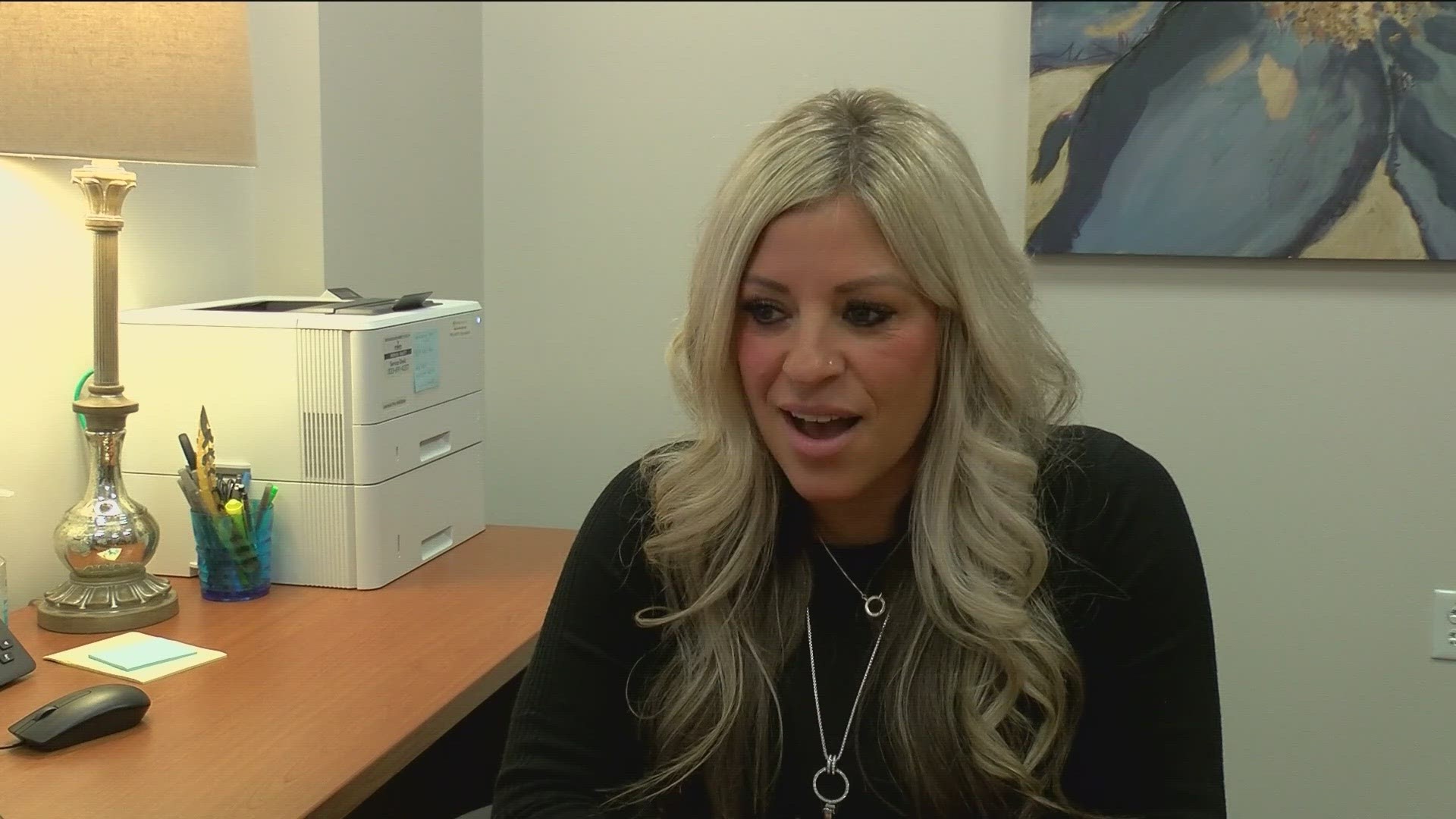TOLEDO, Ohio — Seasonal depression is a mood disorder that happens every year at the same time.
It's triggered by the change of seasons, causing less sunlight and shorter days that are thought to be linked to a chemical change in the brain and may play a part in or cause seasonal depression.
You get most of your mood-boosting vitamin D through a chemical reaction in the skin that occurs when it's struck by ultraviolet rays.
If you are feeling the blues this time of year, there are some symptoms to look out for such as sadness, lack of energy, loss of interest in usual activities, oversleeping and weight gain.
There are also ways to ward off seasonal depression. Eat healthy, get plenty of exercise, go outside, be social and have a good sleep routine.
Experts at Mercy Health said that seasonal depression not only affects adults, but children can also battle with it as well.
"A lot of times we will see peer relationships and conflict increase in the winter months because they are back in school, there’s more interaction and their stress level's highly increased," said Aimee Drescher, a clinical psychologist with Mercy Health. "Therefore we will see our kiddos suffering a little bit too. This is about the time of year where we see a lot of referrals for therapy for kids and assessments for kiddos because there is an increase in stress.”
If your mood does not change after these tips from experts, then you should reach out for help.
More from WTOL:

